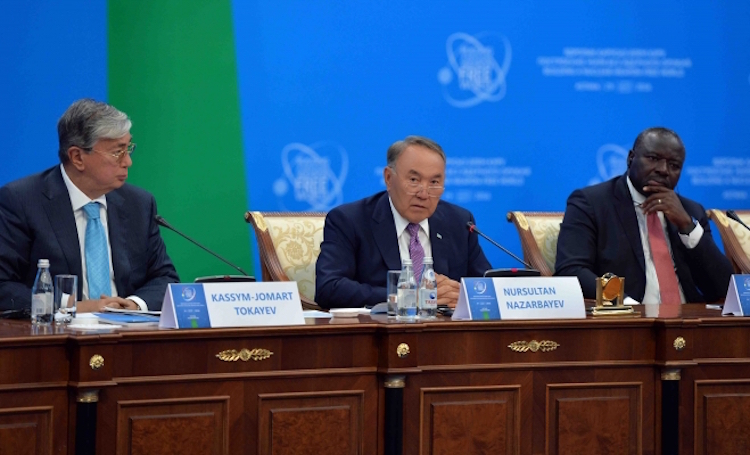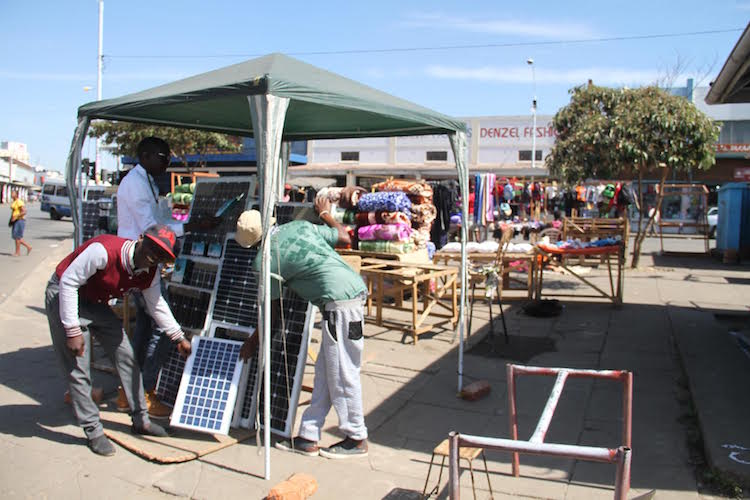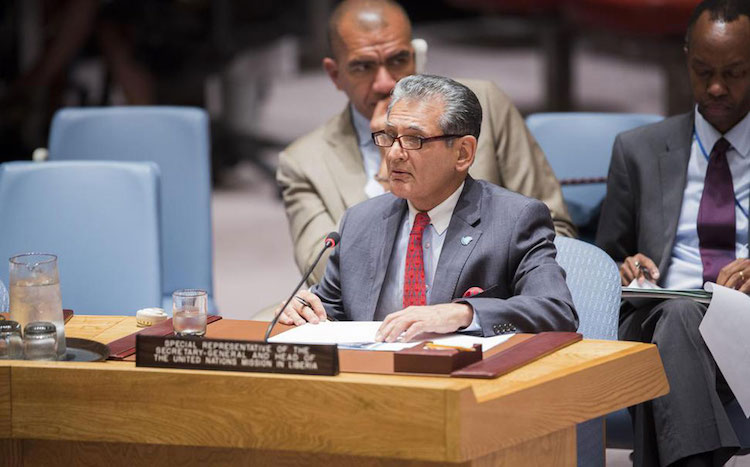By Ramesh Jaura and Katsuhiro Asagiri
ASTANA (IDN) – As divisions between States on how to achieve nuclear disarmament grow, countries like Kazakhstan must lead the way to common ground and inclusive dialogue. Such leadership is urgently needed to make our world truly secure, said UN Secretary-General Ban Ki-moon in a message delivered to the conference on ‘Building a Nuclear-Free World’.
Welcoming participants, President Nursultan Nazarbayev explained why Kazakhstan was leading the way: “August 29, 1991 is marked by an event of historic significance both for our country and the whole world. 25 years ago, we legally stopped the most sinister experiment of militarism, which had been tormenting our land and our people for almost 40 years. Several decades before that event, the world tried to lower the threshold of nuclear threat through the processes of nuclear weapons reduction, and a moratorium of its testing.“







 This article appears in cooperation with the Comprehensive Nuclear-Test-Ban Treaty Organization (CTBTO), as part of the initiative ‘Youth for CTBTO’. The views expressed are those of the author and do not necessarily reflect those of the CTBTO. – Editor
This article appears in cooperation with the Comprehensive Nuclear-Test-Ban Treaty Organization (CTBTO), as part of the initiative ‘Youth for CTBTO’. The views expressed are those of the author and do not necessarily reflect those of the CTBTO. – Editor


